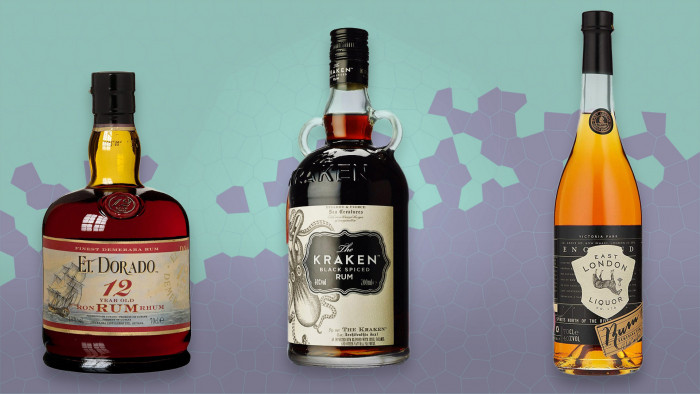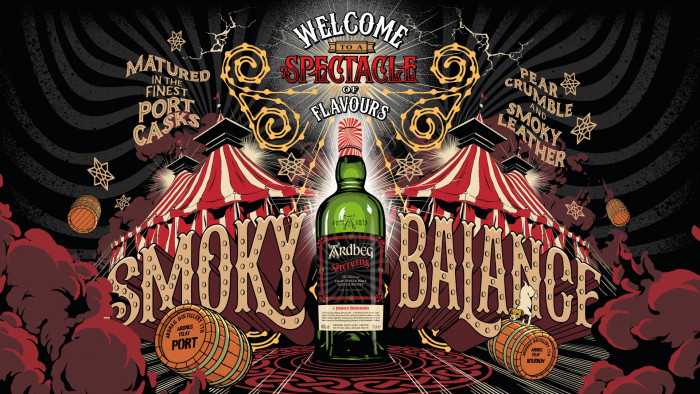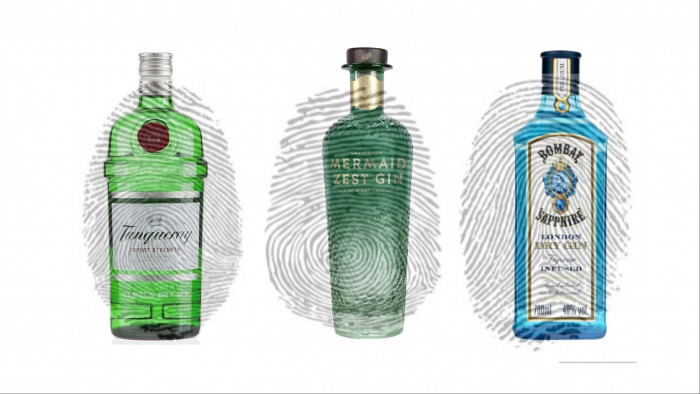How to tell your best mate they're drinking too much
"Don’t hold back from raising the topic and offering your support just because it's a bit awkward"


But drinking a tad over the recommended guidelines is very different to having a genuine problem with alcohol. So how can you tell if your best mate is drinking too much? And, if they are, what do you do to help?
We asked some experts to find out.
How much is too much?
That means it can be even harder to spot whether your mate has a problem – someone going over their weekly unit level isn’t necessarily alcohol dependent, basically.
It may actually be problematic behaviours around drinking that could give you a better chance of understanding if someone has an alcohol dependency.
Spotting the signs
Dr Sarah Jarvis, Drinkaware’s medical advisor, told Shortlist that there are four major warning signs to watch out in a friend:
- Worrying about where their next drink is coming from and planning social, family and work events around alcohol
- Finding they have a compulsive need to drink and finding it hard to stop once they start
- Waking up and drinking – or feeling the need to have a drink in the morning
- Suffering from withdrawal symptoms, such as sweating, shaking and nausea, which stop once they drink alcohol.

There’s a spectrum of alcohol dependence – and many of us sit on either end of it
What should you say?
“And if you’re at the other end of that conversation, and already worried about your drinking, you’ll probably feel exposed and embarrassed, and get defensive.”
Tolvi suggests approaching it via health issues – “Cutting down on the beers would help you get to the gym more often” – or asking them if they want to do a dry month challenge with you.
“But don’t hold back from raising the topic and offering your support just because it’s a bit awkward. The worst they can do is say no; in the long run they’ll be glad you said something and so will you.”
“Don’t hold back from raising the topic and offering your support just because it’s a bit awkward.”
Jarvis also points out that “choosing your moment is vital for both of you.
“Make sure you’re both in the right mood, feeling calm, confident and not too emotional. You also need to be armed with as much information as possible so you can offer the person you care about the right facts and advice on where they can go to for support.
“Don’t label the person as alcoholic or demand that they seek treatment. State your concerns and encourage your loved one to be assessed by an addiction professional. When approaching a loved one about a drinking problem, the most important thing you can do is to maintain rapport.
“Using positive language is key to this empathetic approach. Meanwhile, it’s definitely best to avoid harsh criticism, making judgements and labels such as “alcoholic”. To avoid circular conversations (Them: ‘No, I’m not!’ You: ‘Yes, you are.’) It’s also best to keep your questions open, ‘I’ve noticed X, what do you think?’ rather than ‘Don’t you think you have a problem?’”

Should you tell their family?
Jarvis says it’s best not to tell someone’s family straight away: “It may damage your relationship with them if they think you’ve been talking about them behind their back.
“If the person you are worried about absolutely refuses to admit they have a problem, and is putting themselves at risk as a result of their drinking, you may have to tell them that you feel you have no choice but to share your concerns with their next of kin,” she says. “Remind them that you are only doing this because you care about them and are worried about them.”
“Do share your concerns informally if you can,” Tolvi agrees. “They may be thinking the same, and working on strategies to raise the issue together may help.
“But I always favour being open and honest with the person you are worried about first - it may be a hard conversation to have, but ethically it is the right one. No one likes to be talked about behind their back.”
Should you get him help - and where from?
The following organisations can also give help, advice and support:
Addaction
Find a local service here.
Alcoholics Anonymous UK
0800 9177 650
Al-Anon (for family and friends of alcoholics)
020 7403 0888
Alcohol Concern
0300 123 1110
Mental Health Foundation
020 7803 1100.
Drinkline
0300 123 1110
(Images: Getty / Tanja Heffner / Adam Wilson / Unsplash)
Latest
Related Reviews and Shortlists


The 45 best gins taste tested: great gins revealed








